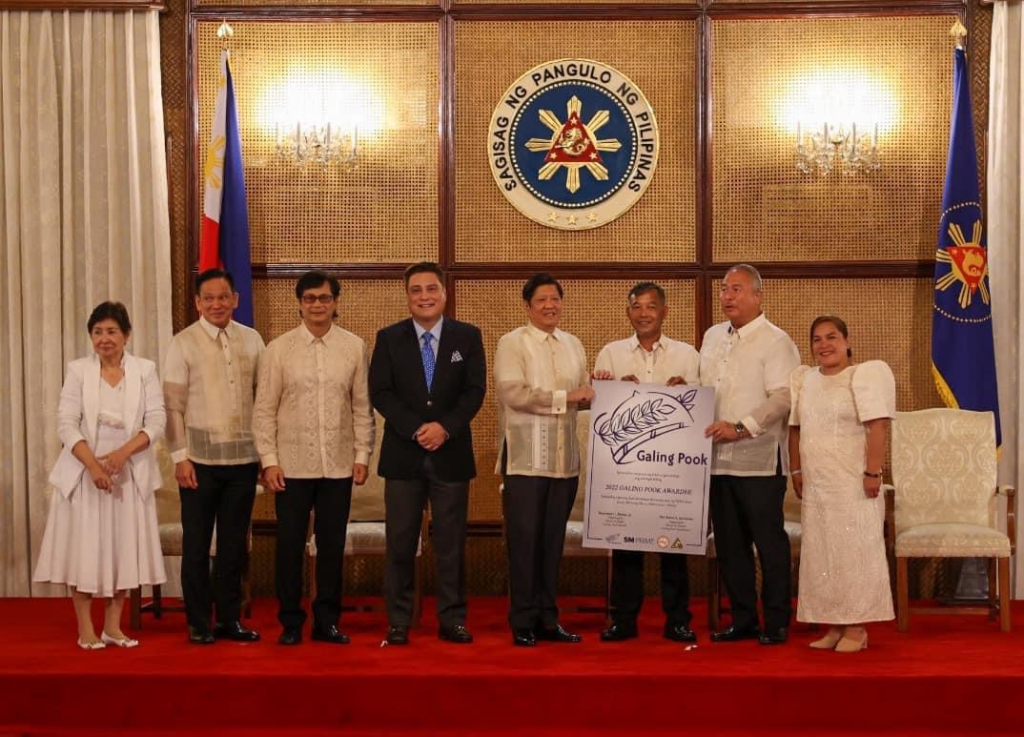It is difficult to change the system overnight, but choosing the right leaders is a necessary first step.

The campaign period for the 2023 Barangay and SK Elections has started. The sovereign Filipino people will again be given the chance to choose their barangay leaders. Why is it important to apply careful discernment in choosing barangay leaders? I can give you at least five reasons.
First, barangays collectively cost us taxpayers a fortune. In 2022 alone, the total national tax allotment (NTA) allocated to barangays was 191.8 billion pesos — an amount that can cover the cost of the Pantawid Pamilyang Pilipino Program (107.6 billion pesos), the free higher education program (26 billion pesos), and the indigent senior citizen’s pension (25 billion pesos) during the same fiscal year. The law allows more than half, 55 percent per Section 331 (b) of RA 7160, of these billions of pesos of NTA to pay for barangay personnel’s services—around 95.9 billion pesos. We better choose leaders who are worth every centavo of our taxes and who will be expected to hire competent barangay staff.
Second, barangay officials administer the local development fund. The community could have direct material benefit from good leadership. Section 287 of RA 7160 mandates that twenty percent of the NTA be spent on development projects—around P38.36 billion pesos in 2022. While development funds might amount to only around a million per year on average for each of the almost 42,000 barangays, there is an opportunity to improve local conditions if spent according to a long-term development plan and in convergence with other levels of government—municipal, provincial, and national.
Choosing inept leaders means a waste of these funds. We need leaders who will plan for the people’s welfare, who will deliver the full value of the people’s money, and who will listen to the feedback of the community.
Third, barangays administer the Katarungang Pambarangay to resolve small disputes. An effective and operational local justice system can save you a lot of trouble, solving small disputes without paying for lawyers. Officials who are upright could serve as role models with moral ascendancy to mediate disputes. We will not be better off if our barangay officials do not exert efforts to resolve petty disputes and will easily issue a barangay certification to file a case in court. That would be costly to us, to our prosecutorial service, and to our court system.

Fourth, barangay officials are tasked with maintaining peace and order. Having drug lords, gambling lords, or their protectors elected as barangay officials is bad for peace and order. The latest report from the PNP is only a quarter of barangays are cleared of illegal drugs. If we want to clear our barangays of illegal drugs and criminality or prevent criminals from infiltrating our communities, we need to choose leaders who are not enablers of crime. While security is also our individual responsibility, having someone trustworthy leading the barangay gives the people peace of mind, especially in areas in the provinces that are far from police offices.

Fifth and finally, barangay officials serve as role models to Sangguniang Kabataan officials—the next generation of community leaders. Electing corrupt leaders is like setting up a “corruption school” for young leaders paid for by taxpayers’ money. The “tuition” is not peanuts. SK councils had at least P19.18 billion in 2022 or ten percent of the NTA, aside from other sources, as provided by Section 20(a) of RA 10742. This amount is enough to fund free tuition in state colleges and universities. While the SK budget is separate from the barangay budget, coordination and sharing of practices are highly likely given that the SK Chairperson also sits in the Barangay Council.
Barangays seem small and inconsequential, but corruption, dysfunction, and ineptness at this level could mean billions of pesos of wasted opportunities if not community decay. All Filipino voters who care for their communities must choose wisely on October 30. It is difficult to change the system overnight but choosing the right leaders is a necessary first step.
Nelson Cainghog is an Assistant Professor at the Department of Political Science, College of Social Sciences and Philosophy, University of the Philippines Diliman.
